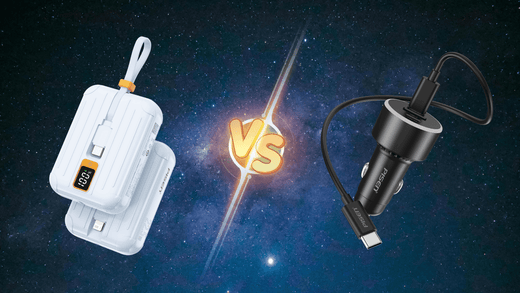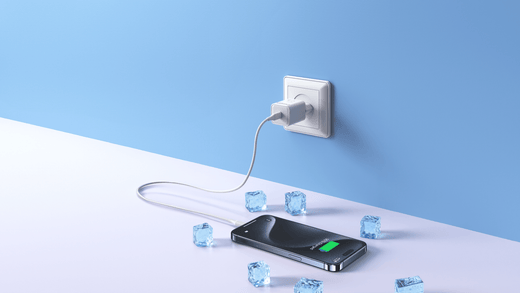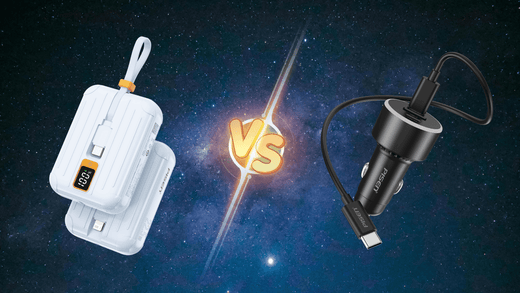Understanding Car Chargers: Functionality and Benefits
A car charger is a device designed to recharge your electronic gadgets while you are on the move. Typically, it plugs into the vehicle's cigarette lighter or accessory socket. This compact and user-friendly adapter features one or more USB ports, allowing you to charge multiple devices simultaneously.
How Do Car Chargers Work?
Car chargers operate by drawing power from the car’s battery. When plugged into the vehicle’s accessory port, they convert the car battery's energy into a format suitable for charging mobile devices. A typical car charger will have a USB output that connects to your device, ensuring you can maintain battery life during long trips or busy days.

Advantages of Using a Car Charger
- Always Available:Car chargers are readily accessible when on the road, making them ideal for emergency top-ups.
- Multiple Devices Charging:Many models, particularly dual-port options, allow you to charge several devices at once.
- Optimized for Automotive Use:Designed specifically for use in vehicles, car chargers are sturdy and easy to use while driving.
Disadvantages of Using a Car Charger
- Limited Usability:Car chargers are primarily designed for use in vehicles, restricting their functionality outside of that context.
- Slower Charging Speeds:Compared to some power banks and wall chargers, car chargers may provide slower charge rates under certain conditions.
Diving into Power Banks: Features and Functionality
A power bank is a portable battery pack that can charge electronic devices on the go. As technology advances, power banks have become essential accessories for anyone reliant on battery-powered devices.
How Do Power Banks Work?
Power banks store electrical energy in their internal batteries. When connected to a device via a USB port, they transfer this stored energy to charge the device. Some modern power banks even support wireless charging capabilities, enhancing their usability.

Advantages of Using a Power Bank
- Portability:Power banks are designed to be lightweight and compact, making them easy to carry in pockets or bags.
- Multiple Device Charging:They often come equipped with multiple output ports, facilitating the charging of several devices at once.
- Fast Charging:Many power banks offer rapid charging solutions, allowing you to quickly recharge your devices when needed.
Disadvantages of Using a Power Bank
- Charge Management:Users must remember to recharge the power bank itself, which can lead to inconvenient situations.
- Limited Capacity:Even the best power banks have a finite capacity, and they can discharge quickly, especially when powering multiple devices.
Comparing Car Chargers and Power Banks: A Side-by-Side Analysis
|
Feature |
Car Charger |
Power Bank |
|
Portability |
Limited to vehicle use |
Highly portable |
|
Charging Speed |
Generally slower |
Often faster |
|
Device Compatibility |
Limited to USB devices |
Wide range of device support |
|
Multiple Devices |
Yes, but dependent on ports |
Yes, often with multiple ports |
|
Battery Management |
No need, always powered |
Must be charged separately |
Best Use Cases for Each Option
- Car Charger:Ideal when traveling by car, especially on long journeys where continuous charging is essential.
- Power Bank:Best suited for outings where one is away from traditional power sources for extended periods, such as hiking, traveling, or attending events.
Conclusion: Making the Right Choice for Your Charging Needs
Ultimately, both car chargers and power banks have invaluable roles in our tech-centric lives, offering solutions for keeping our devices charged and ready to use. Making an informed choice between the two will depend on your lifestyle and specific requirements. A car charger is most beneficial during travels, while a power bank serves as a versatile lifesaver in various scenarios. Understanding the unique advantages and limitations of each tool enables users to keep their devices powered effectively, ensuring they can remain connected wherever they go.
By assessing our charging habits and the environments we frequent, we can select the ideal charging solution that aligns with our needs.




Leave a comment
All comments are moderated before being published.
This site is protected by hCaptcha and the hCaptcha Privacy Policy and Terms of Service apply.